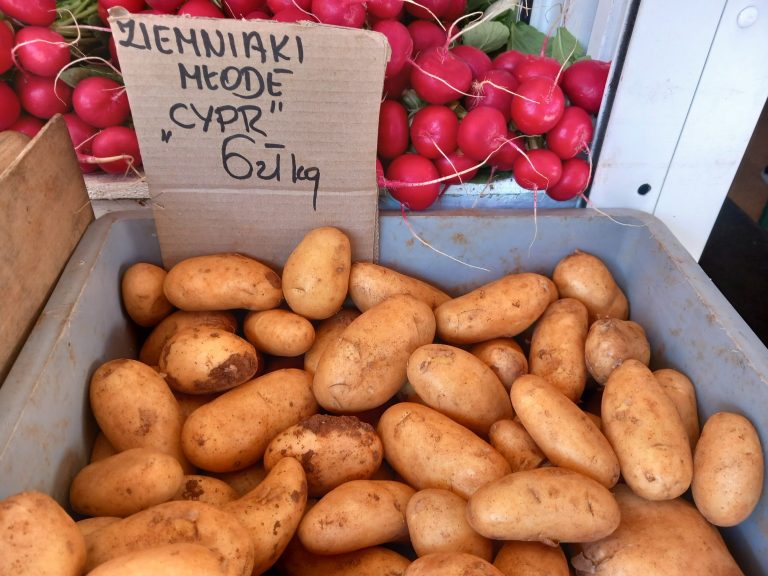The general strike of farmers will paralyze Poland. There is a map of the protests

On Friday, February 9, farmers will block roads across Poland as part of a general strike. At a meeting with Minister Czesław Siekierski, they presented their demands.
On Wednesday, February 7, a meeting of the ministry’s management with representatives of the Provincial Chambers of Agriculture was held at the Ministry of Agriculture. The discussion was also attended by deputy ministers of agriculture: Stefan Krajewski and Michał Kołodziejczak.
General strike of farmers. Map of protests and demands
The president of the National Council of Agricultural Chambers, Wiktor Szmulewicz, presented the protesters’ demands.
– All farmers agree on the three main demands that were presented during yesterday’s talks, he said. Farmers do not agree to the implementation of the Green Deal and the import of agricultural products from Ukraine. They demand support for animal breeding and compensation from the war fund in the form of subsidies for cereals, rapeseed, milk, fertilizers and higher fuel subsidies.
A map of planned protests is available online. Difficulties in some places will last all day.
– I know the situation. Agriculture deserves support. Tomorrow, together with ministers Michał Kołodziejczak and Stefan Krajewski, we will hold talks at the Ministry of Finance on this topic. In addition to low-interest loans, there should be subsidies for cereals and possibly fertilizers, announced Minister Czesław Siekierski.
He added that “we are fully aware of the changes that have occurred in the Polish countryside over the last 20 years, but changes related to climate protection must also have economic reasons.”
– European agriculture is losing its competitiveness. The greatest losses due to the inflow of agricultural products from Ukraine were suffered by Polish farmers – admitted the head of the Ministry of Agriculture.
Deputy Minister Michał Kołodziejczak assured that help would be directed to those who need it.
The protest is part of farmers’ broader opposition to EU policy. Violent protests took place last week, including: in Brussels. Participants were afraid that competition from imports from third countries would lead to a decline in the prices of their products, which would reduce their income and may even lead to the bankruptcy of many farms.






